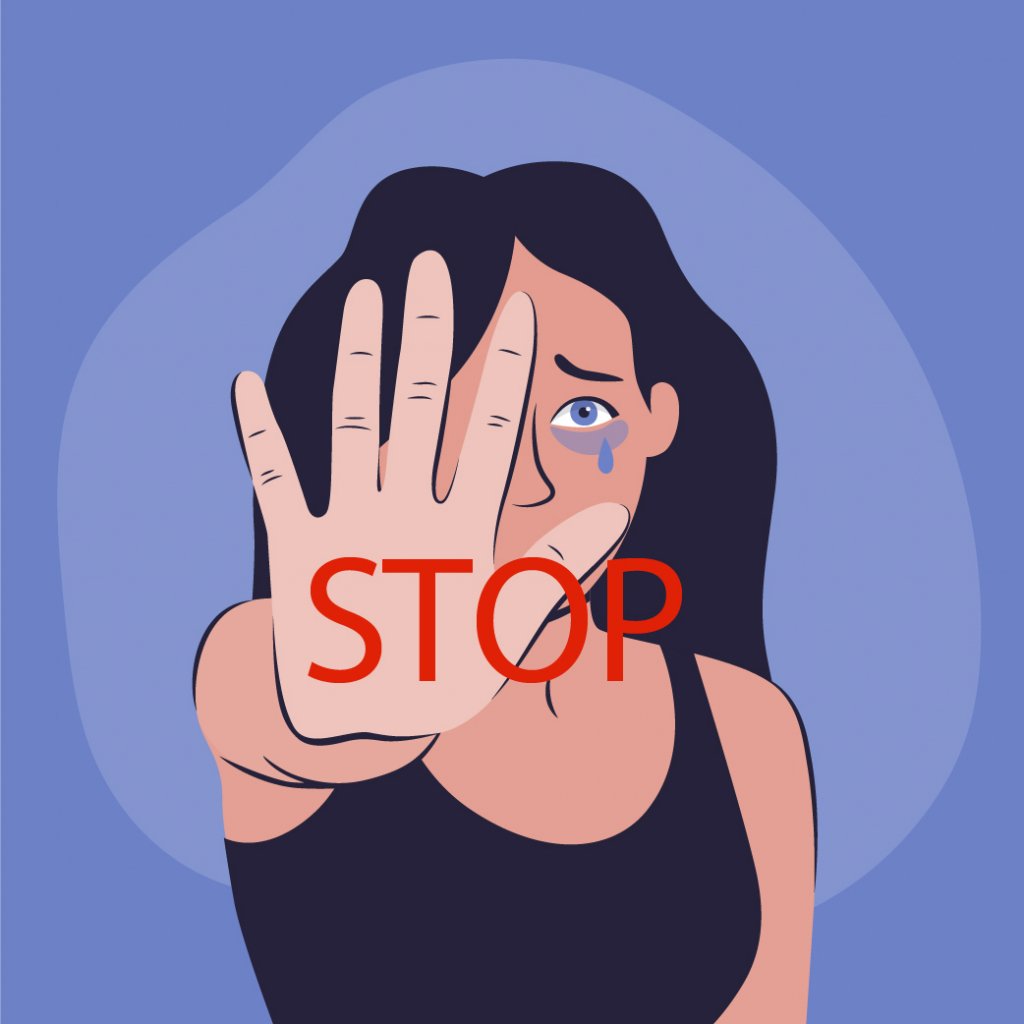Pakistan is one of the most dangerous places for women and girls. Violence against women and girls is rising throughout the country. According to human rights reports roughly 1,000 women are killed in so-called honor-related crimes yearly. Supposedly egalitarian societies like Gilgit-Baltistan are no exception. A girl was murdered in Kharmang, Baltistan, by her brother after a video became viral on social media. Against this backdrop, Roheena Ali Shah spotlights the plight of women caught in the web of ‘honor’ and betrayal.
The haunting words, “she is no more, Rest in peace,” resound with agonizing familiarity as women continue to fall victim to the suffocating pressures of culture, religion, and social norms. Each passing day, the media bombards us with tales of brutal violence against women. The so-called guardians of their family’s ‘honour’ take their lives, while supposed lovers mercilessly snuff out their existence under the guise of love. The tragedy is these lives are claimed without guns or knives. Today, emotional manipulation has become the deadliest weapon, allowing men to escape scrutiny, as if there is no one to ask them, “Why?”
Before pointing fingers at the women ensnared in these relationships, let us redirect our attention to those who exploit their trust. Trusting someone is not a crime; it is the malevolent act of betraying that trust that should be condemned. We must challenge the narrative that blames the victims and instead hold accountable those who feign affection only to shatter their partners’ hopes. These deceitful individuals seduce young hearts, wrapping them in a cocoon of love, only to abandon them later, using the flimsy excuse that their families are not ready for commitment.
While some women who were not deeply invested in relationships can move on with relative ease, those who poured their souls into love find themselves teetering on the precipice of despair. For them, suicide becomes an alluring option, or they are left drifting aimlessly, stripped of purpose. A few brave souls attempt to cope by turning to poetry or writing, their words bearing witness to the profound depths of their pain. We must comprehend the underlying causes driving these women to the brink, often rooted in domestic violence, rape, harassment, bullying, and the aftermath of divorce and breakups. Our patriarchal system and a few despicable individuals conspire to create a living hell for these women.
It is time for soul-searching. We must acknowledge our complicity in this rampant tragedy. Whether consciously or unconsciously, we inadvertently perpetuate these heinous acts. Society seldom questions those who wield power, and in this case, men reign supreme. We have been conditioned to direct our inquiries toward the oppressed rather than holding the powerful accountable. This collective silence only perpetuates the cycle of violence and oppression.
Now, a devastating incident has pierced the heart of Kharmang District of Baltistan Division. In a chilling display of violence, a man silenced his sister forever after her video went viral. But we must remember, this tragedy does not rest solely on the shoulders of the accused man. It is an indelible stain shared by all who chose to watch, share, and spread the video. Their complicity in the honour-related crime cannot be ignored. Each person who lent their gaze, each one who clicked “share,” bears a portion of responsibility for this senseless act of brutality.
Silenced cries echo across the globe as women continue to fall prey to the shackles of honour and betrayal. To effect real change, we must shift the narrative away from blaming the victims and towards holding the perpetrators accountable. Society must awaken to its role in perpetuating these injustices and boldly challenge the patriarchal system that empowers violence.
Let us stand united, determined to create a world where safety and equality prevail, a world where a woman is acknowledged as a complete, equal and an independent human being and not an honour of a family.

Roheena Ali Shah is an MPhil scholar working as Gender Specialist in the Baltistan region

